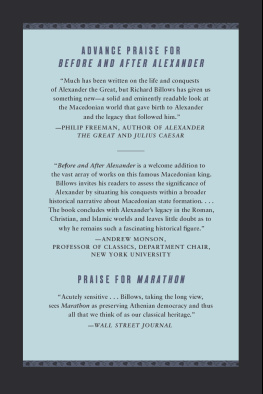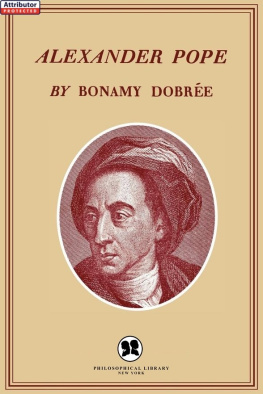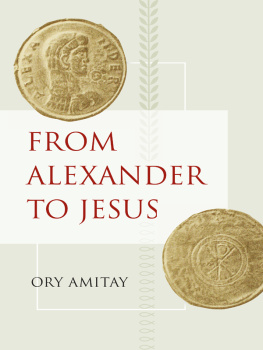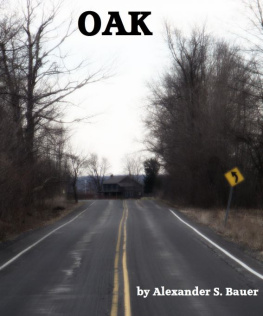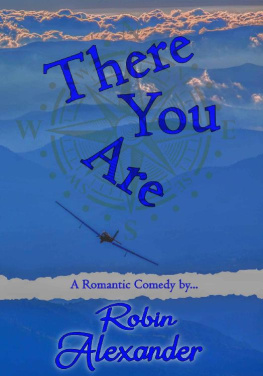BY E. ALEXANDER POWELL
WHERE THE STRANGE TRAILS GO DOWN
THE NEW FRONTIERS OF FREEDOM
THE ARMY BEHIND THE ARMY
THE LAST FRONTIER
GENTLEMEN ROVERS
THE END OF THE TRAIL
FIGHTING IN FLANDERS
THE ROAD TO GLORY
VIVE LA FRANCE!
ITALY AT WAR
CHARLES SCRIBNER'S SONS
WHERE THE STRANGE TRAILS GO DOWN
Dyak hunter
A real wild man of Borneo
A Dyak head-hunter using the sumpitan, or blow-gun, in the jungle of Central Borneo
WHERE
THE STRANGE TRAILS
GO DOWN
SULU, BORNEO, CELEBES, BALI, JAVA, SUMATRA, STRAITS SETTLEMENTS, MALAY STATES, SIAM, CAMBODIA, ANNAM, COCHIN-CHINA
BY
E. ALEXANDER POWELL
WITH ILLUSTRATIONS AND MAP
NEW YORK
CHARLES SCRIBNER'S SONS
1921
COPYRIGHT, 1921, BY
CHARLES SCRIBNER'S SONS
Published October, 1921
PRINTED AT
THE SCRIBNER PRESS
NEW YORK, U. S. A.
To
THE WINSOME WIDOW
MARGARET CAMPBELL McCUTCHEN
WHO, DESPITE COUNTLESS DISCOMFORTS,
ALWAYS KEPT SMILING
FOREWORD
It is a curious thing, when you stop to think about it, that, though of late the public has been deluged with books on the South Seas, though the shelves of the public libraries sag beneath the volumes devoted to China, Japan, Korea, next to nothing has been written, save by a handful of scientifically-minded explorers, about those far-flung, gorgeous lands, stretching from the southern marches of China to the edges of Polynesia, which the ethnologists call Malaysia. Siam, Cambodia, Annam, Cochin-China, the Malay States, the Straits Settlements, Sumatra, Java, Bali, Celebes, Borneo, Sulu ... their very names are synonymous with romance; the sound of them makes restless the feet of all who love adventure. Sultans and rajahs ... pirates and head-hunters ... sun-bronzed pioneers and white-helmeted legionnaires ... blow-guns with poisoned darts and curly-bladed krises ... elephants with gilded howdahs ... tigers, crocodiles, orang-utans ... pagodas and palaces ... shaven-headed priests in yellow robes ... flaming fire-trees ... the fragrance of frangipani ... green jungle and steaming tropic rivers ... white moonlight on the long white beaches ... the throb of war-drums and the tinkle of wind-blown temple-bells....
But it is not for all of us to go down the strange trails which lead to these magic places. The world's work must be done. So, for those who are condemned by circumstance to the prosaic existence of the office, the factory, and the home, I have written this book. I would have them feel the hot breath of the South. I would convey to them something of the spell of the tropics, the mystery of the jungle, the lure of the little, palm-fringed islands which rise from peacock-colored seas. I would introduce to them those picturesque and hardy figures planters, constabulary officers, consuls, missionaries, colonial administrators who are carrying civilization into these dark and distant corners of the earth. I would have them know the fascination of leaning through those "magic casements, opening on the foam of perilous seas, in faery lands forlorn."
I had planned, therefore, that this should be a light-hearted, care-free, casual narrative. And so, in parts, it is. But more serious things have crept, almost imperceptibly, into its pages. The achievements of the Dutch empire-builders in the Insulinde, the conditions which prevail under the rule of the chartered company in Borneo, the opening-up of Indo-China and the Malay Peninsula, the regeneration of Siam, the epic struggle between civilization and savagery which is in progress in all these landsthese are phases of Malaysian life which, if this book is to have any serious value, I cannot ignore. That is why it is a mlange of the frivolous and the serious, the picturesque and the prosaic, the superficial and the significant. If, when you lay it down, you have gained a better understanding of the dangers and difficulties which beset the colonizing white man in the lands of the Malay, if you realize that life in the eastern tropics consists of something more than sapphire seas and bamboo huts beneath the slanting palm trees and native maidens with hibiscus blossoms in their dusky hair, if, in short, you have been instructed as well as entertained, then I shall feel that I have been justified in writing this book.
E. ALEXANDER POWELL.
York Harbor, Maine,
October first, 1921.
AN ACKNOWLEDGMENT
For the courtesies they showed me, and the assistance they afforded me during the long journey which is chronicled in this book, I am deeply indebted to many persons in many lands. I welcome this opportunity of expressing my gratitude to the Hon. Francis Burton Harrison, former Governor-General of the Philippine Islands, and to the Hon. Manuel Quezon, President of the Philippine Senate, for placing at my disposal the coastguard cutter Negros, on which I cruised upward of six thousand miles, as well as for countless other courtesies. Brigadier-General Ralph W. Jones, Warren H. Latimer, Esq., and Major Edwin C. Bopp shamefully neglected their personal affairs in order to make my journey comfortable and interesting. Dr. Edward C. Ernst, of the United States Quarantine Service at Manila, who served as volunteer surgeon of the expedition; John L. Hawkinson, Esq., the man behind the camera; James Rockwell, Esq., and Captain A. B. Galvez, commander of the Negros, by their unfailing tactfulness and good nature, did much to add to the success of the enterprise. I am likewise under the deepest obligations to Colonel Ole Waloe, commanding the Philippine Constabulary in Zamboanga; to the Hon. P. W. Rogers, Governor of Jolo; to Captain R. C. d'Oyley-John, formerly Chief Police Officer of Sandakan, British North Borneo; to M. de Haan, Resident at Samarinda, Dutch Borneo; and to his colleagues at Makassar, Singaradja, Kloeng-Kloeng, Surabaya, Djokjakarta, and Surakarta; to the Hon. John F. Jewell, American Consul-General at Batavia; to the Hon. Edwin N. Gunsaulus, American Consul-General at Singapore; to J. D. C. Rodgers, Esq., American Charg d'Affaires at Bangkok; to his late Royal Highness the Crown Prince of Siam; to his Serene Highness Prince Traidos Prabandh, Siamese Under Secretary of State for Foreign Affairs; to his Serene Highness Colonel Prince Amoradhat, Chief of Intelligence of the Siamese Army, who constituted himself my guide and cicerone during our stay in his country; to the French Resident-Superior at Pnom-Penh; and to the other French officials who aided me during my travels in Indo-China. His Excellency J. J. Jusserand, French Ambassador at Washington and his Excellency Phya Prabha Karavongse, Siamese Minister at Washington, provided me with letters which obtained for me many facilities in French Indo-China and in Siam. Nor am I unappreciative of the many kindnesses shown me by James R. Bray, Esq., of New York City; by Austin Day Brixey, Esq., of Greenwich, Conn.; and by Dr. Eldon R. James, General Adviser to the Siamese Government. I also wish to acknowledge my indebtedness to A. Cabaton, Esq., from whose extremely valuable study of Netherlands India I have drawn freely in describing the Dutch system of administration in the Insulinde. I have also obtained much valuable data from "Java and Her Neighbors" by A. C. Walcott, Esq., and from "The Kingdom of the Yellow Robe" by Ernest Young, Esq.
E. ALEXANDER POWELL.





